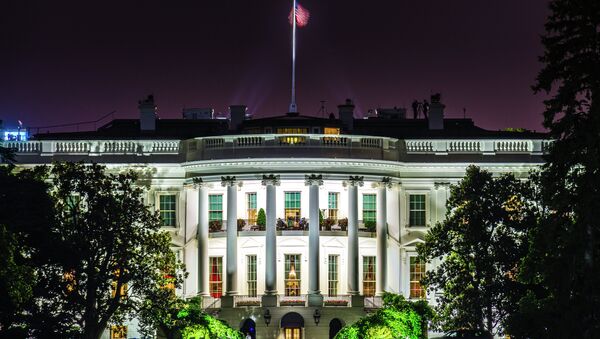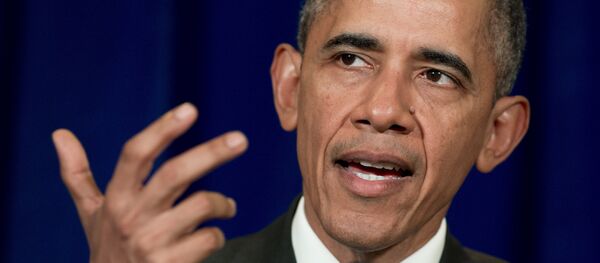The implications of this ailment are grave both for the country and the whole world since it "has a tendency to wreak havoc and generate tension in areas of American involvement," he noted. "And the confusion seems so thoroughly embedded in the country's collective psyche that prospects for any reversal remain dim."
The 2003 invasion of Iraq, according to the expert, claimed the lives of tens of thousands of people and "unleashed sectarian fears and passions" so powerful that they still prevent the conflict-ridden country from returning to normalcy. Washington's decision to topple Saddam Hussein also "enflamed the region in ways that spawned a new al-Qaeda force in Iraq where previously none had existed, or could exist," Merry noted.
The so-called Arab Spring movements also seem to have clouded judgment of American foreign policy strategists. For instance, Barack Obama voiced his support for the revolution that put an end to the rule of America's decades-long ally, Hosni Mubarak, who managed to keep radicals largely at bay.
"Why would an American president undermine a foreign leader who was a steadfast US ally and an opponent of the Islamist fundamentalism that represented one of America's most menacing enemies?" the analyst asked, offering a clear answer: "strategic confusion."
Late Libyan leader Muammar Gaddafi posed no threat to the US or other countries. Yet Western nations helped to overthrow the colonel ushering in a civil war, which is raging in the country four years after Gaddafi's murder. In addition, "masses of Qaddafi's weapons [made] their way into the hands of the rabidly radical Islamic State," Merry pointed out.
One could assume that by now any reasonable politician would see that radical Islam, particularly as represented by ISIL, is the main challenge to all mankind while Assad is not. Moreover, defeating the terrorist group requires concerted action. "But such strategic coherence eluded Washington policymakers," the analyst lamented.
When it comes to Moscow, US political establishment also cannot think straight.
"Weighted down by strategic confusion, many American politicians and foreign policy officials seem to think that Russia can be kept at bay only by bellicose rhetoric and provocative policies, designed to push into Russia's traditional spheres of influence and neutralize its influence. This won't work. It will simply incite, as indeed it has incited, Russia's natural sense of vulnerability, and stir provocative and bellicose responses," Merry observed.
America's foreign policy apparently needs a major rethink.
Sensible and smart leaders "wouldn't insult foreign leaders unnecessarily because they would know such leaders may have to be brought into a desperate coalition in the future," he added. "They would take into account the legitimate regional interests of other nations as part of a broader concept of maintaining influence through cordial relations wherever possible. They would embrace the concept of balance of power over moral preachments."
Only time will tell if politicians sharing this view would come to power in Washington.







